U.S. Supreme Court Justice Neil Gorsuch recently opened up about the court’s controversial presidential immunity ruling.
Earlier this year, the Supreme Court decided that presidents had full immunity from prosecution of “official” acts. However, “unofficial” or private acts could be prosecuted.
Ruling on Presidential Immunity
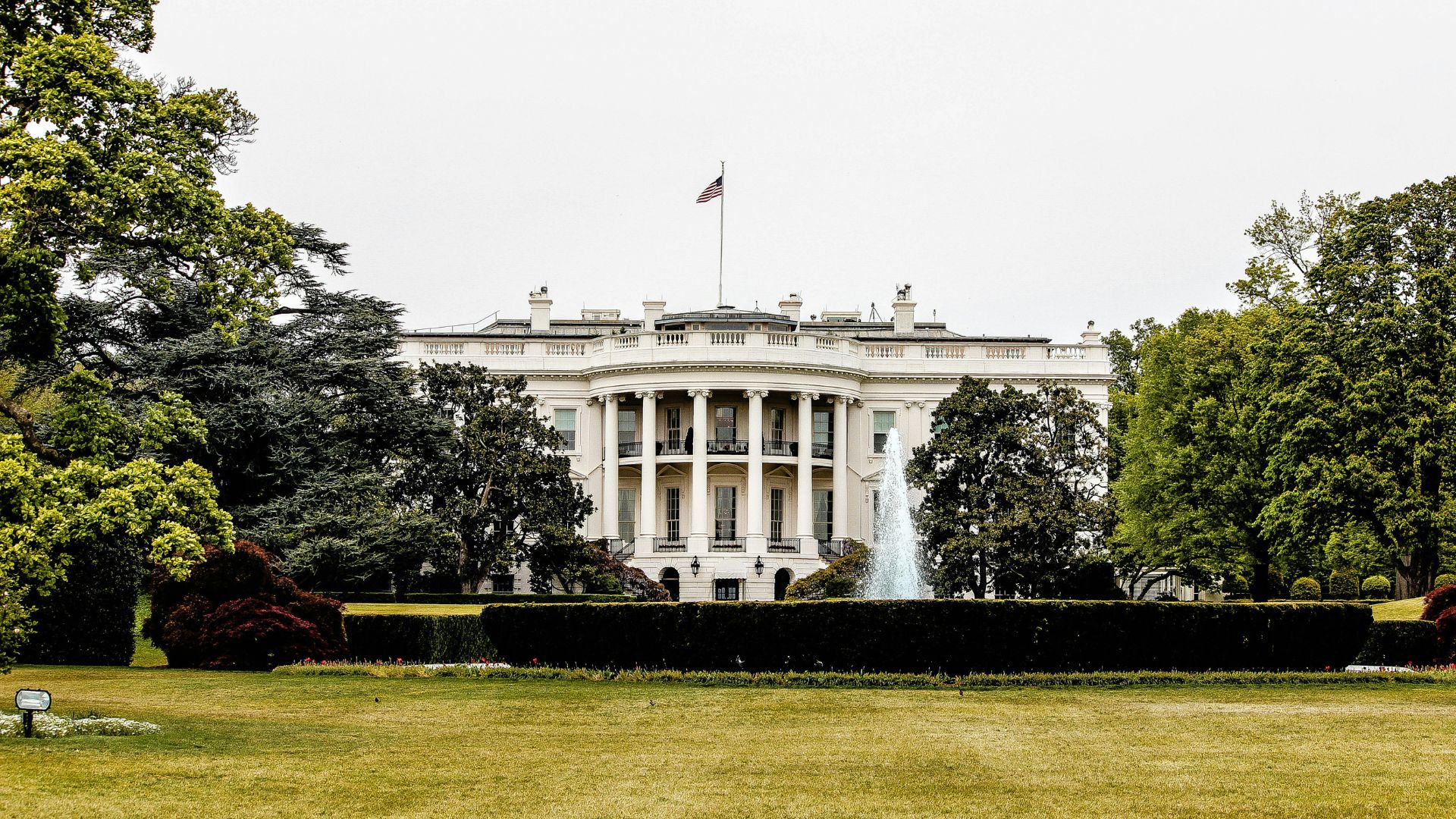
Many legal experts, lawmakers and Americans were stunned a few months ago when the Supreme Court revealed that they had decided on former President Donald Trump’s immunity case.
According to the court, all presidents have partial immunity from prosecution. No official presidential act can be prosecuted.
Mixed Opinions
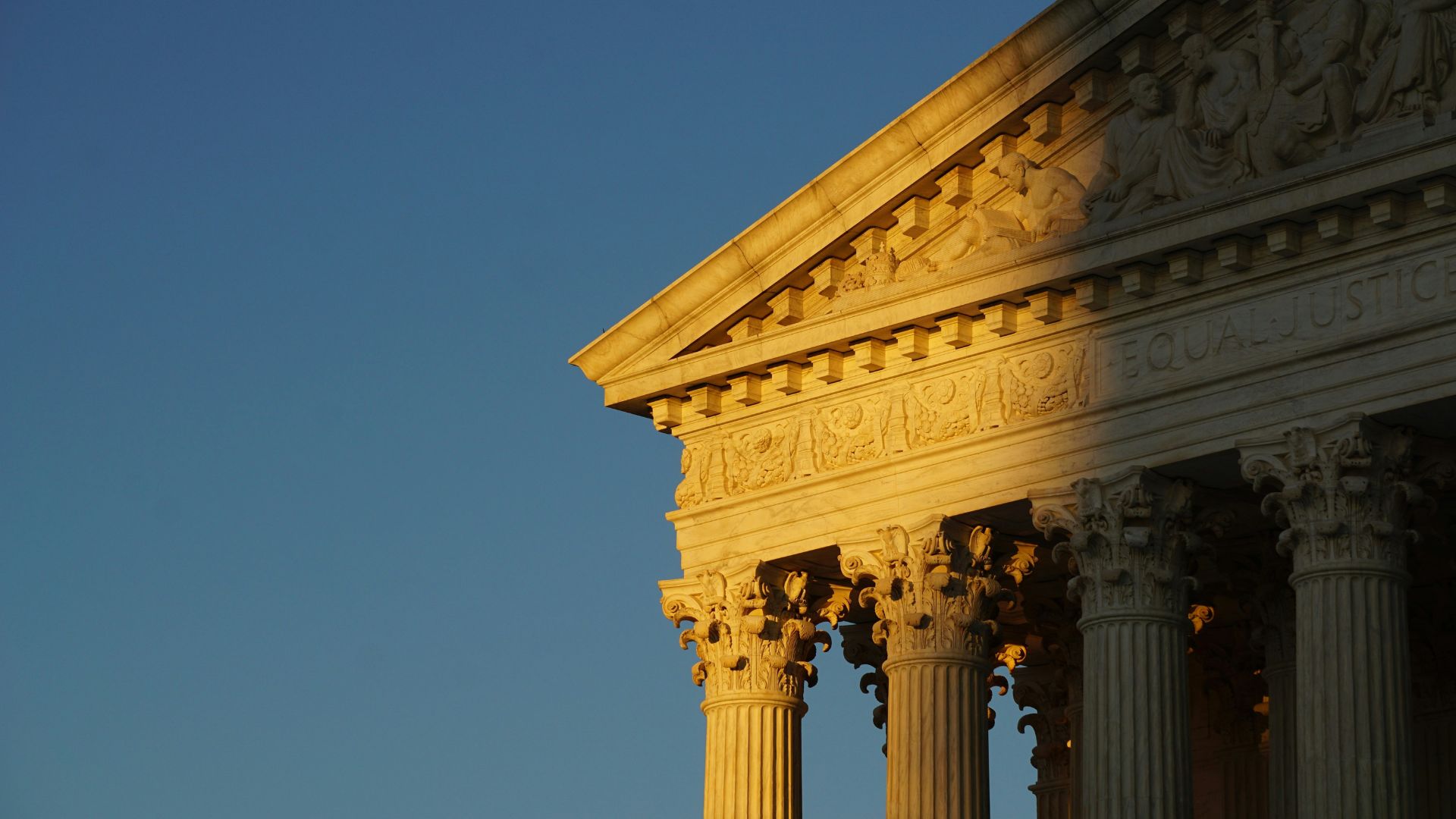
Immediately after this decision was announced, mixed opinions were revealed. Many conservatives who support Trump applauded the decision. Trump himself encouraged the ruling.
Meanwhile, many legal experts, as well as liberals, blasted the move, as they warned that this could make a president a king.
An Unprecedented Case
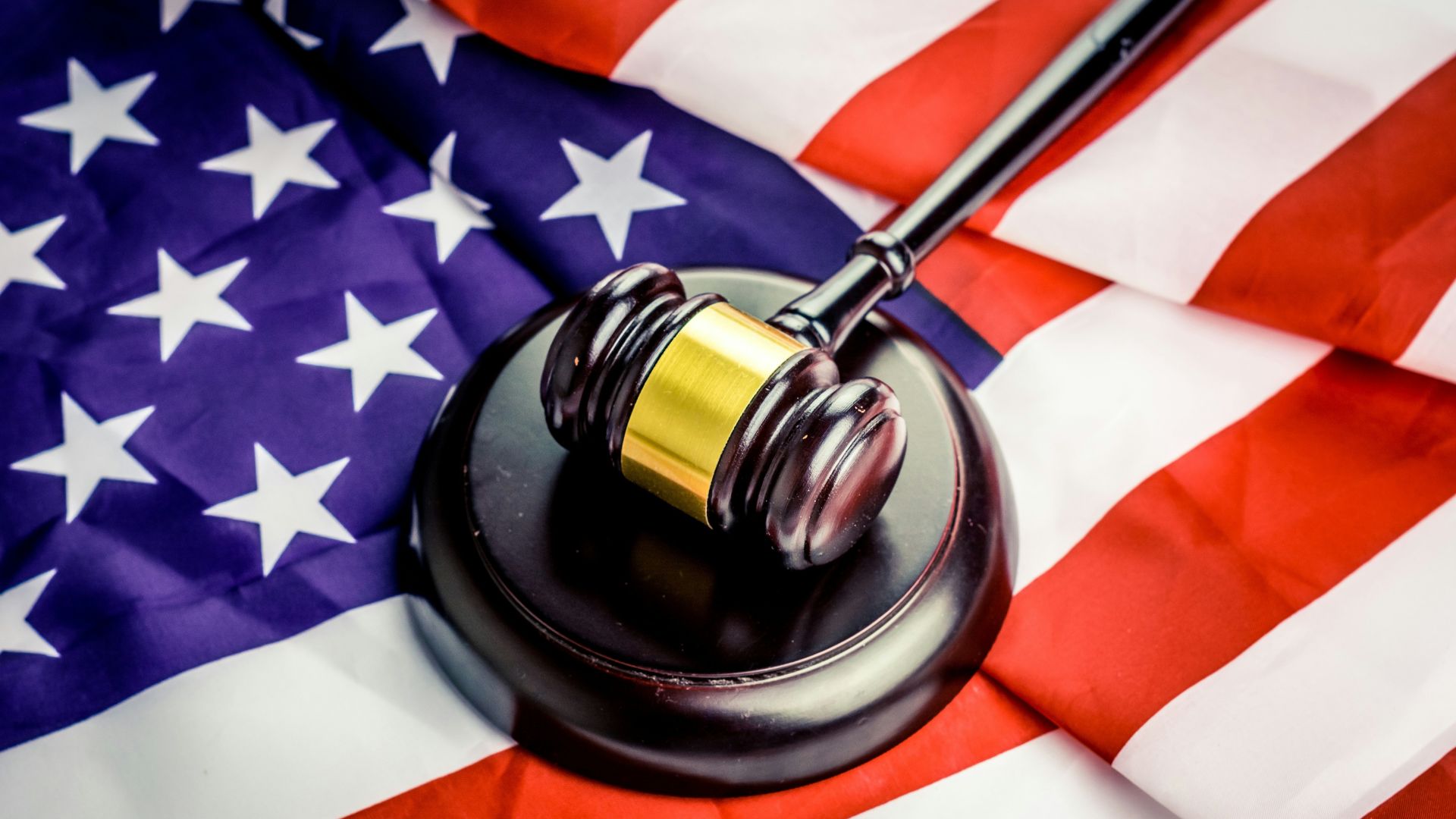
Now, Justice Gorsuch has opened up about this specific case and how it was so unprecedented for the court.
“You gave us a very hard question,” Gorsuch explained. “It’s the first time in American history that one presidential administration was seeking to bring criminal charges against a predecessor. We had to go back and look at what sources were available to us.”
The Legal Precedent the Court Used
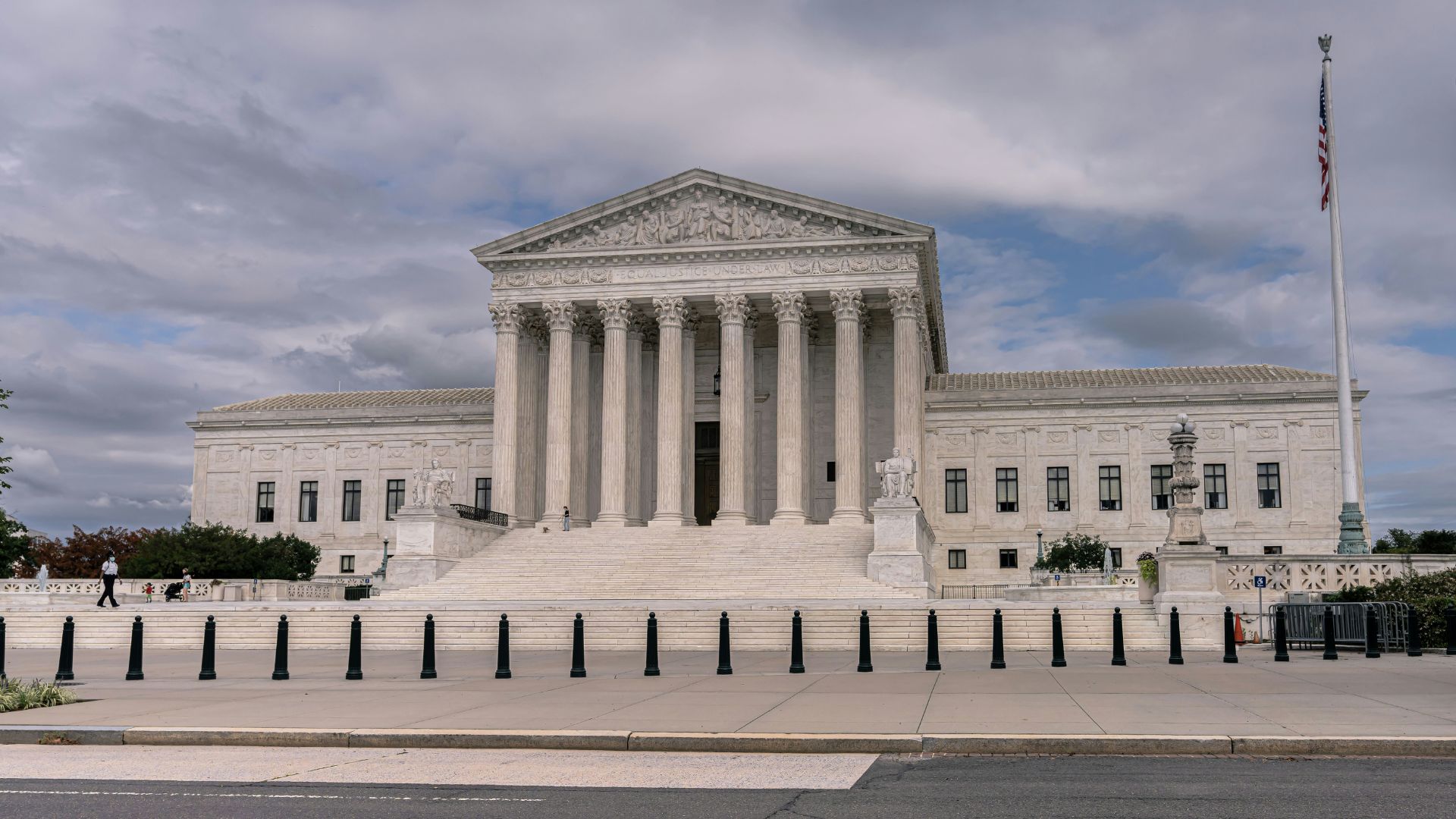
Gorsuch, who was appointed by Trump, also revealed that the Supreme Court used the Nixon v. Fitzgerald case for legal precedent.
This case mainly focused on presidential immunity from civil liability when it came to actions done while in office and acting as president.
Differences in the Nixon Case
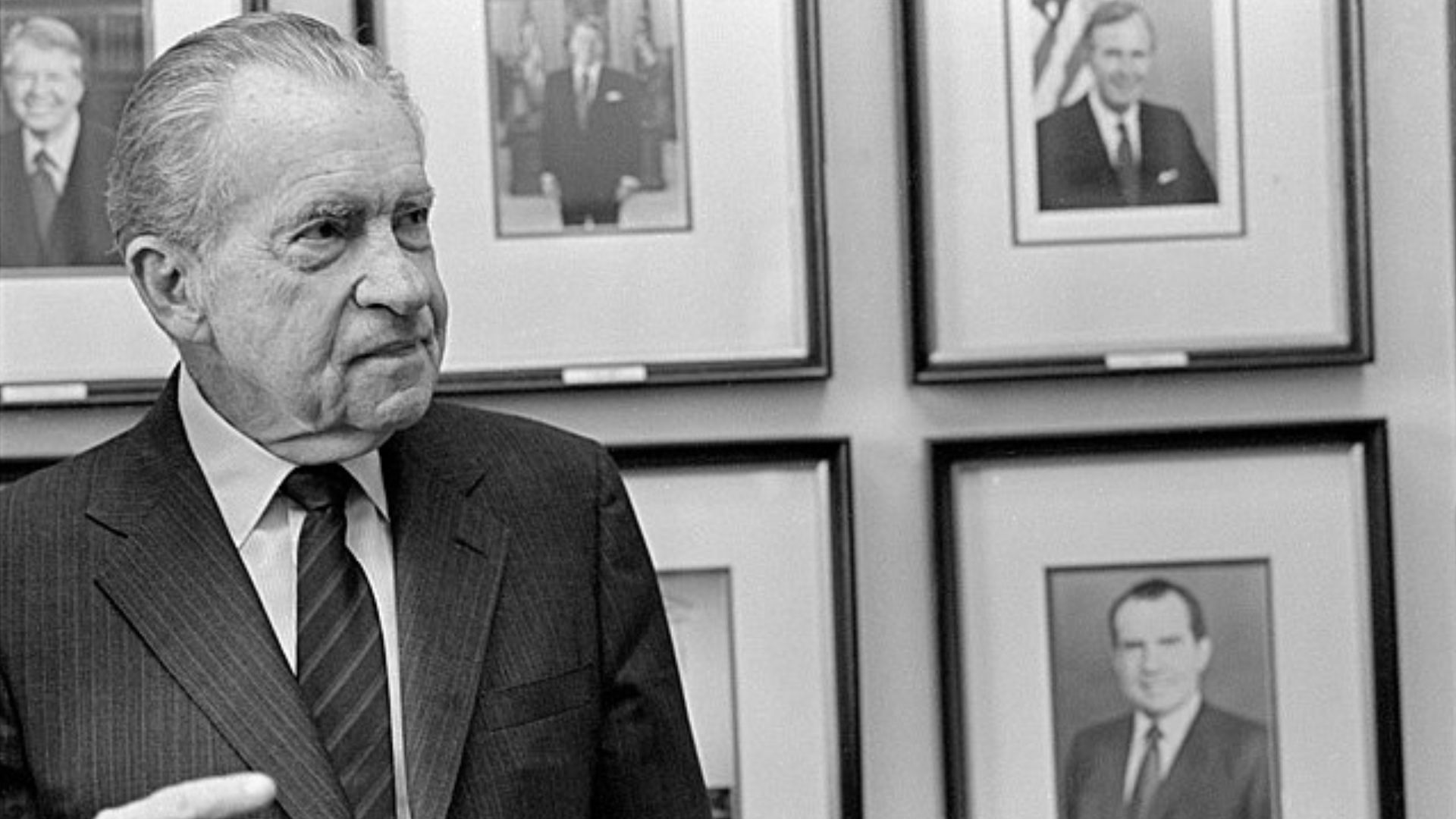
Despite using the Nixon case as a legal precedent, there were some differences in both cases, mostly down to criminal immunity for former presidents.
The Nixon case avoided this. However, in the Trump case, special counsel Jack Smith claimed that future presidents were likely to face politically motivated prosecutions. The Supreme Court found this unpersuasive.
Impeaching a President
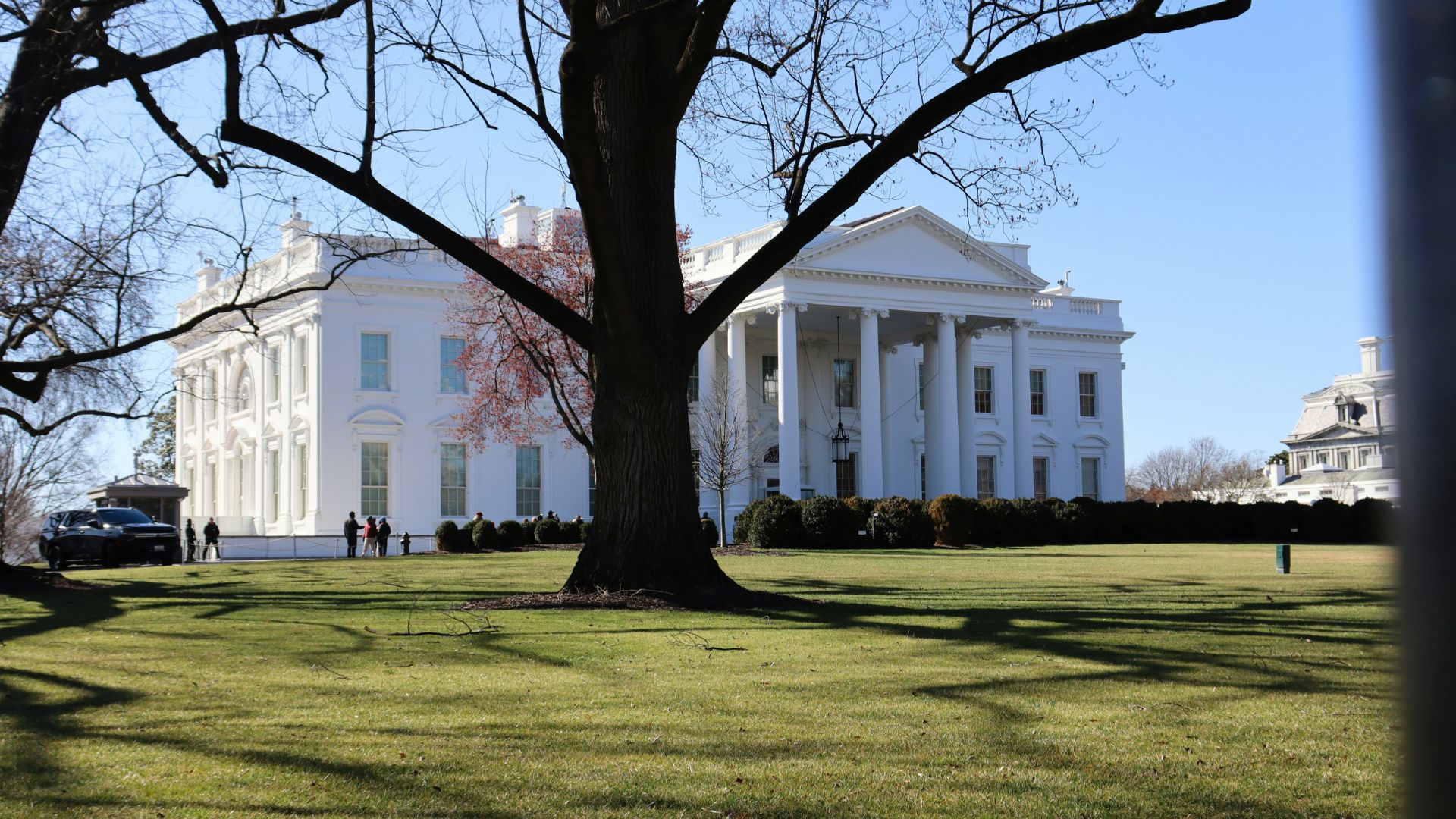
Gorsuch also explained that there are many things that everyone agrees on, such as impeaching a president if necessary.
He said, “There are some things we can agree on. You can impeach a president if he does something unlawful. You can enjoin or stop the conduct of his officials. You can go to court and get an injunction. Those are two things we can all agree on.”
No One Is Above the Law
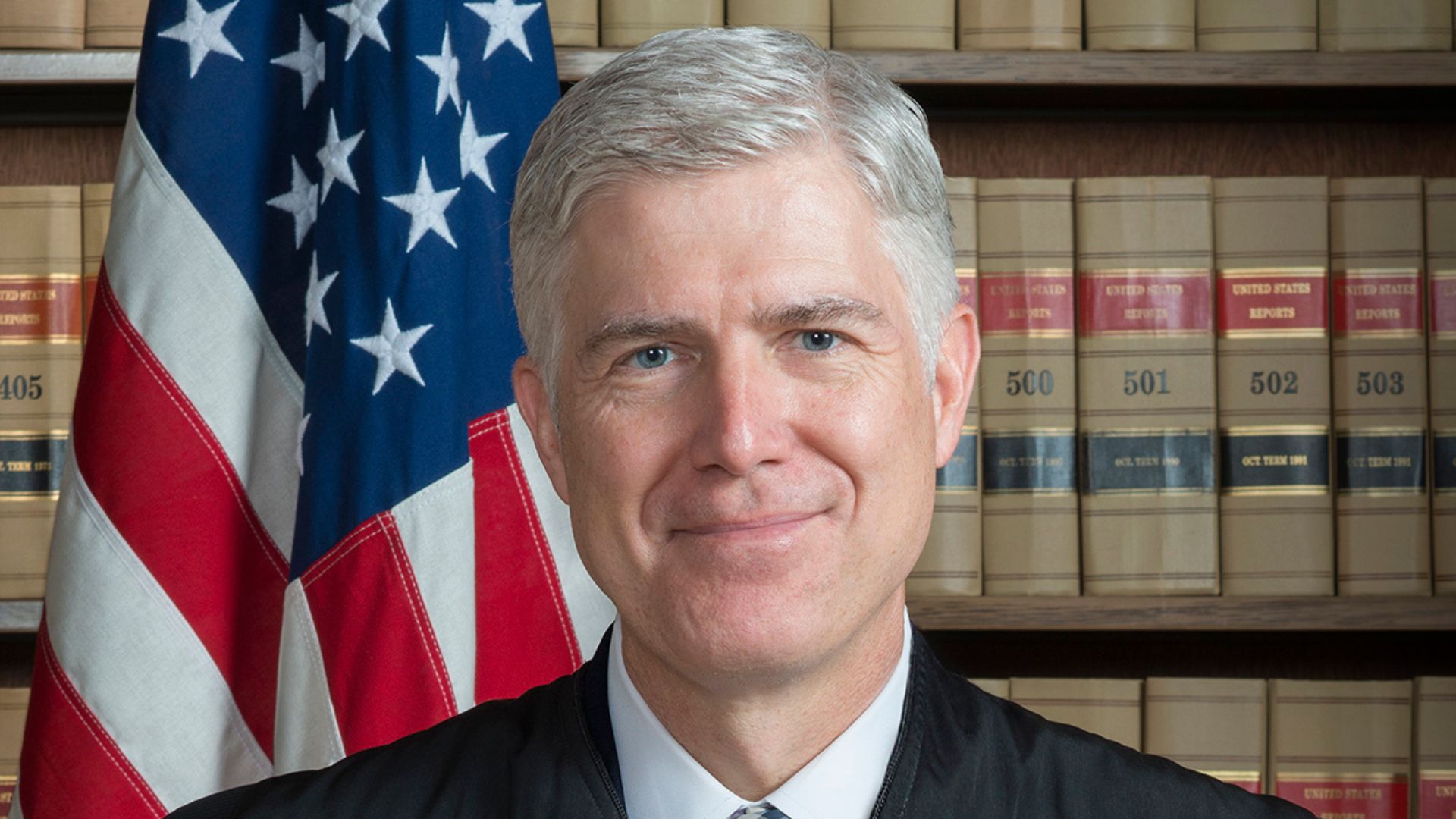
Gorsuch further added that nobody is above the law — even the president.
“We also agree that no man is above the law in his private conduct,” Gorsuch added. “Even a president can be prosecuted for speeding. His private conduct, he is like everyone else.”
Critics Disagree
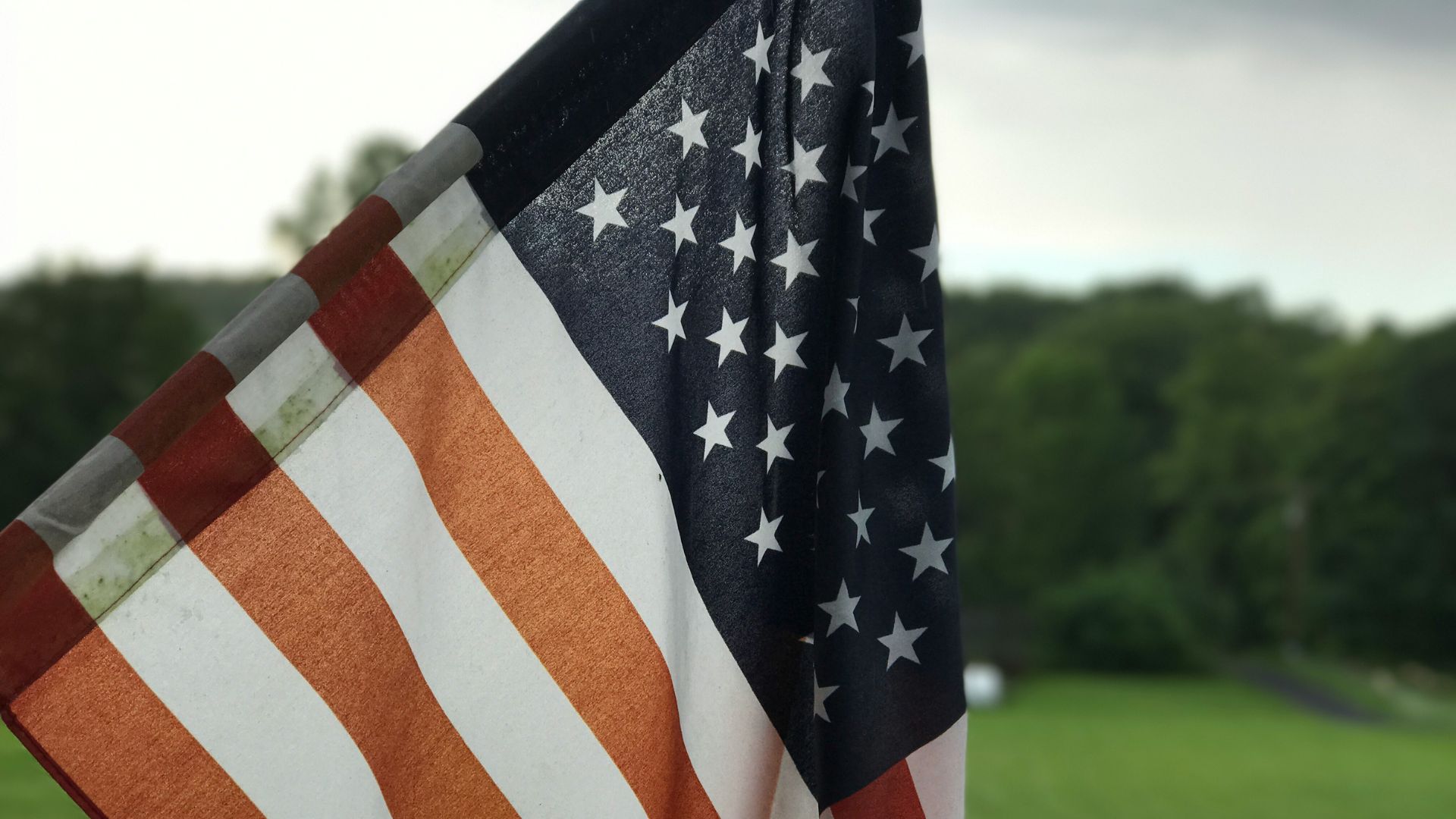
Many critics have disagreed with the assessment that no man is above the law — as they believe that the Supreme Court has now made it so that a president can be above the law.
However, Gorsuch seems to see things differently, and still believes that a president’s private conduct and official conduct are very different.
No Middle Ground
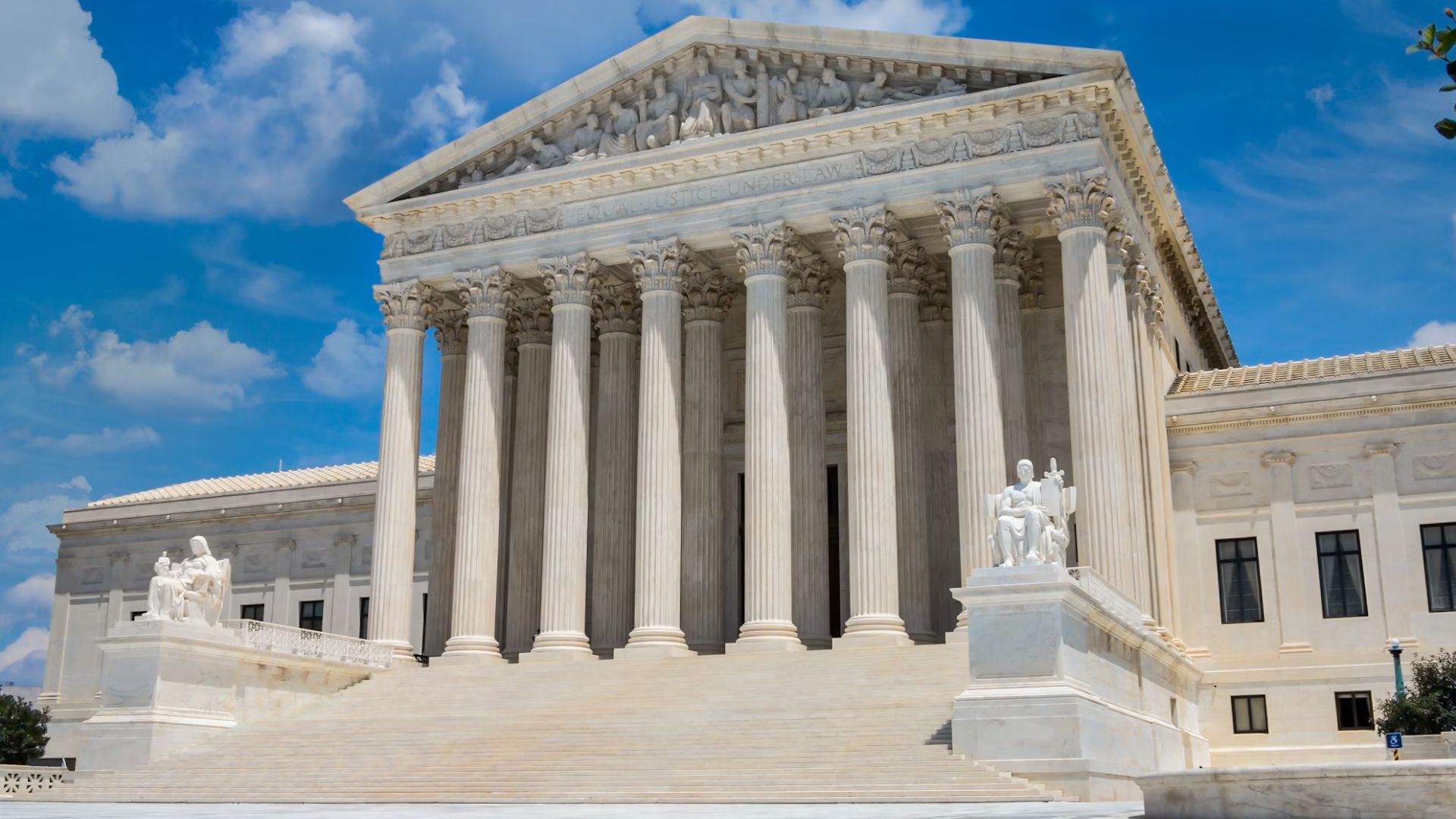
The Supreme Court comprises Justices sworn in by former Presidents, which means that each Justice will likely align with either Republican or Democrat beliefs.
It was found that the Justices were split along ideological lines in this case. However, Chief Justice John Roberts did not attempt to find some sort of middle ground to keep both sides happy.
Cases Cannot Be Brought Against a Former President
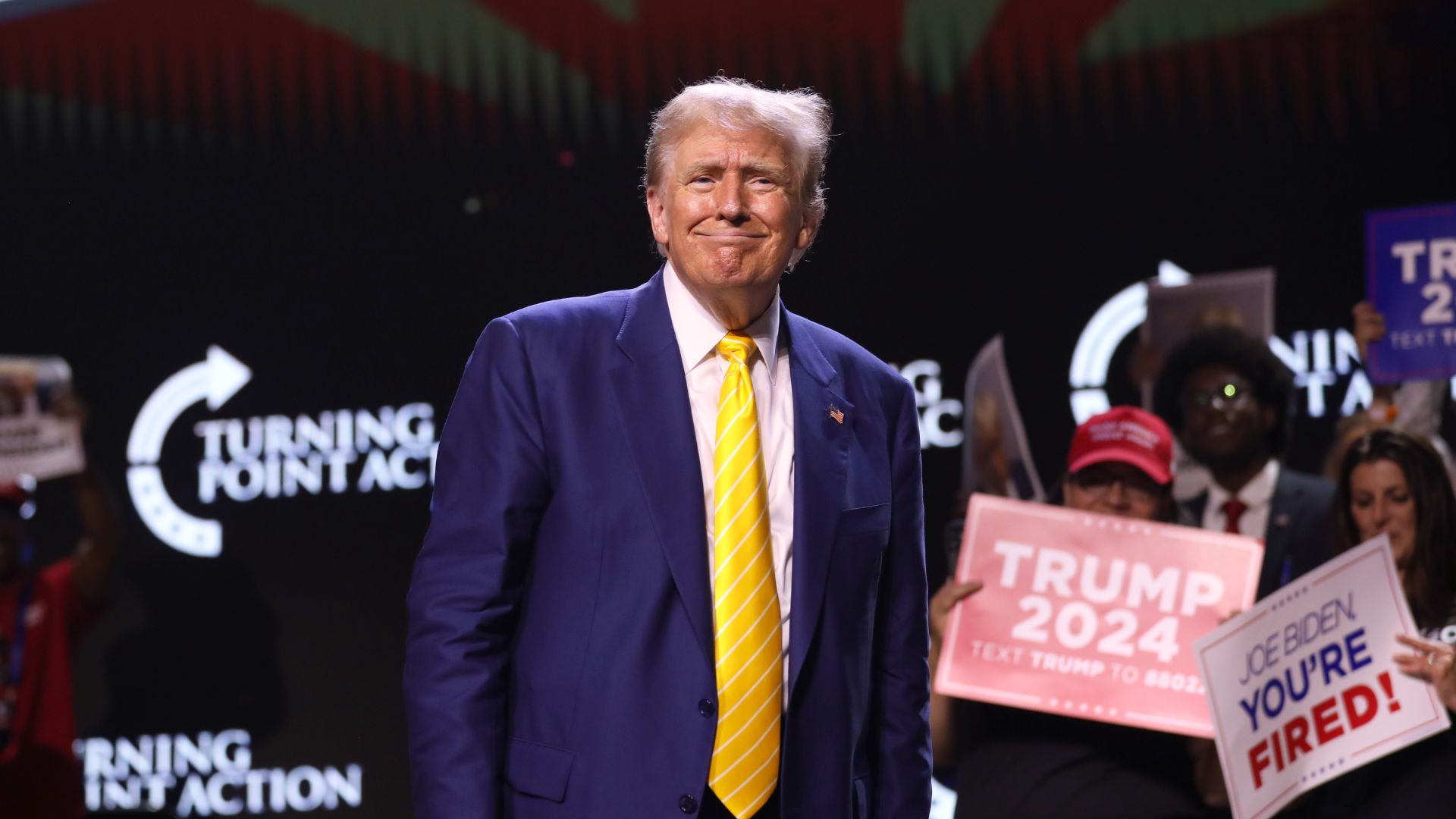
The Supreme Court justice also clarified that civil cases cannot be brought against a former president right after he leaves office.
“Why? Because that would chill him from exercising the powers and duties of a president while he is president,” Gorsuch explained. “He would be overwhelmed. His political enemies would simply bring suits against him forever more. The court held that about 50 years ago.”
Three Justices Were Appointed by Trump
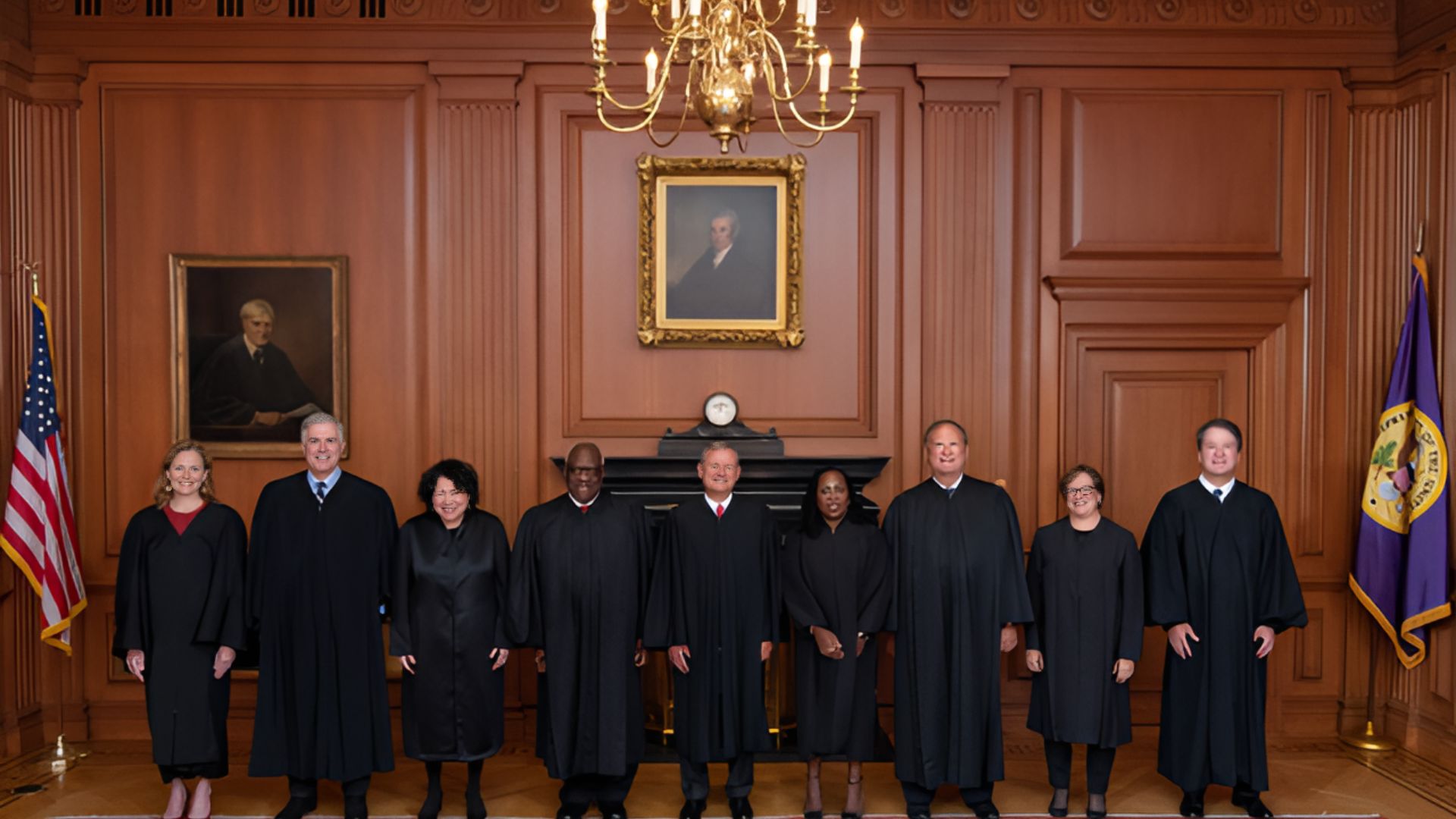
Trump appointed three of the nine justices involved in this case. As the case was in response to Trump’s various court cases, it was likely this heavily influenced their decision.
This is especially true as the Conservatives voted in favor, while the Liberals voted against it. This all goes to show the power of the Presidency.
Immunity and the Constitution
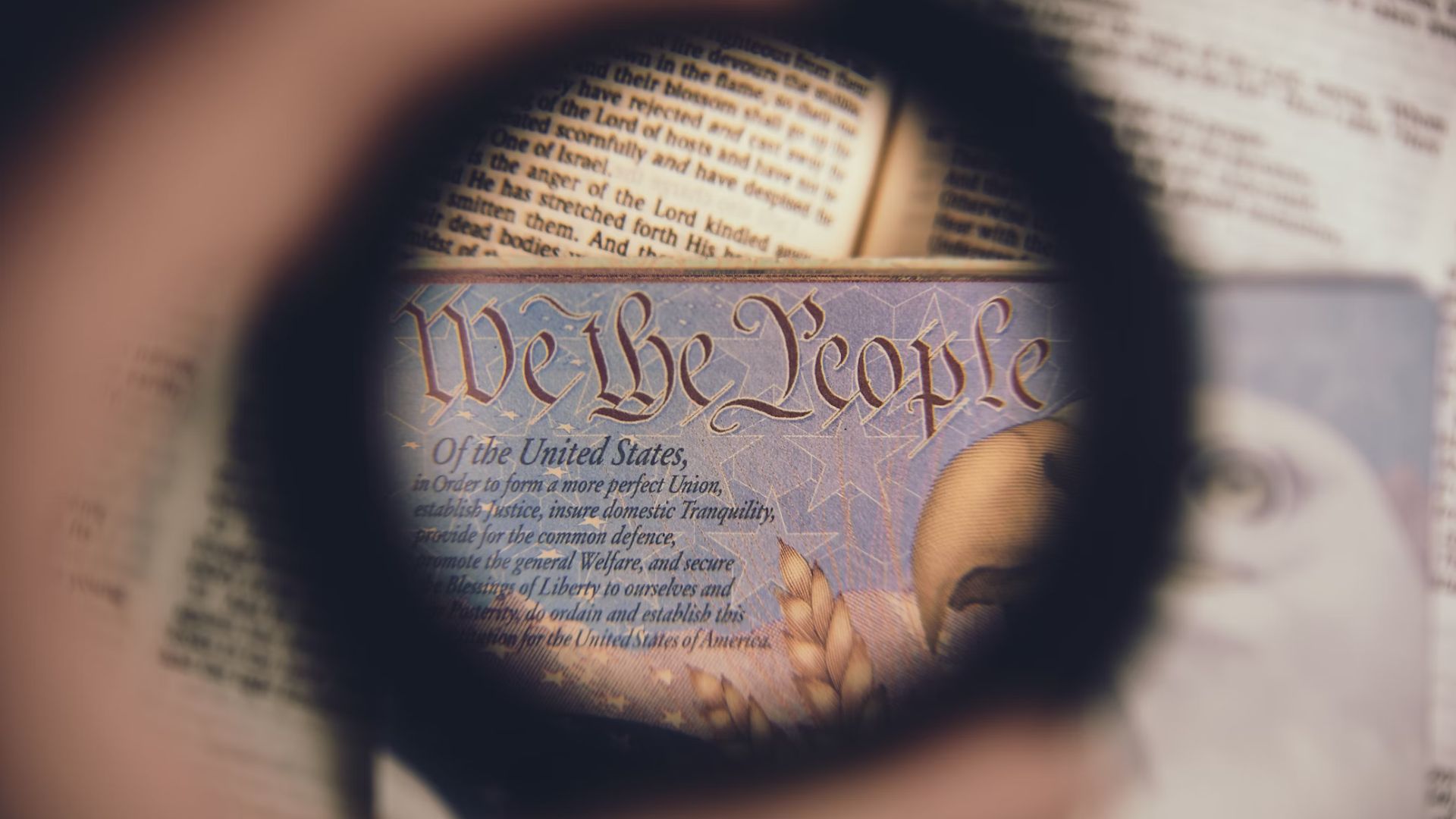
D. John Sauer, the lawyer arguing for Trump, commented on immunity and the U.S. Constitution, claiming that Article II states that Presidential powers give you immunity from prosecution.
However, this is not explicitly mentioned in the 18th-century document that laid out the American form of government. There is still some debate over whether immunity is explicit in the Constitution.
Gorsuch Says the Court Did Nothing New
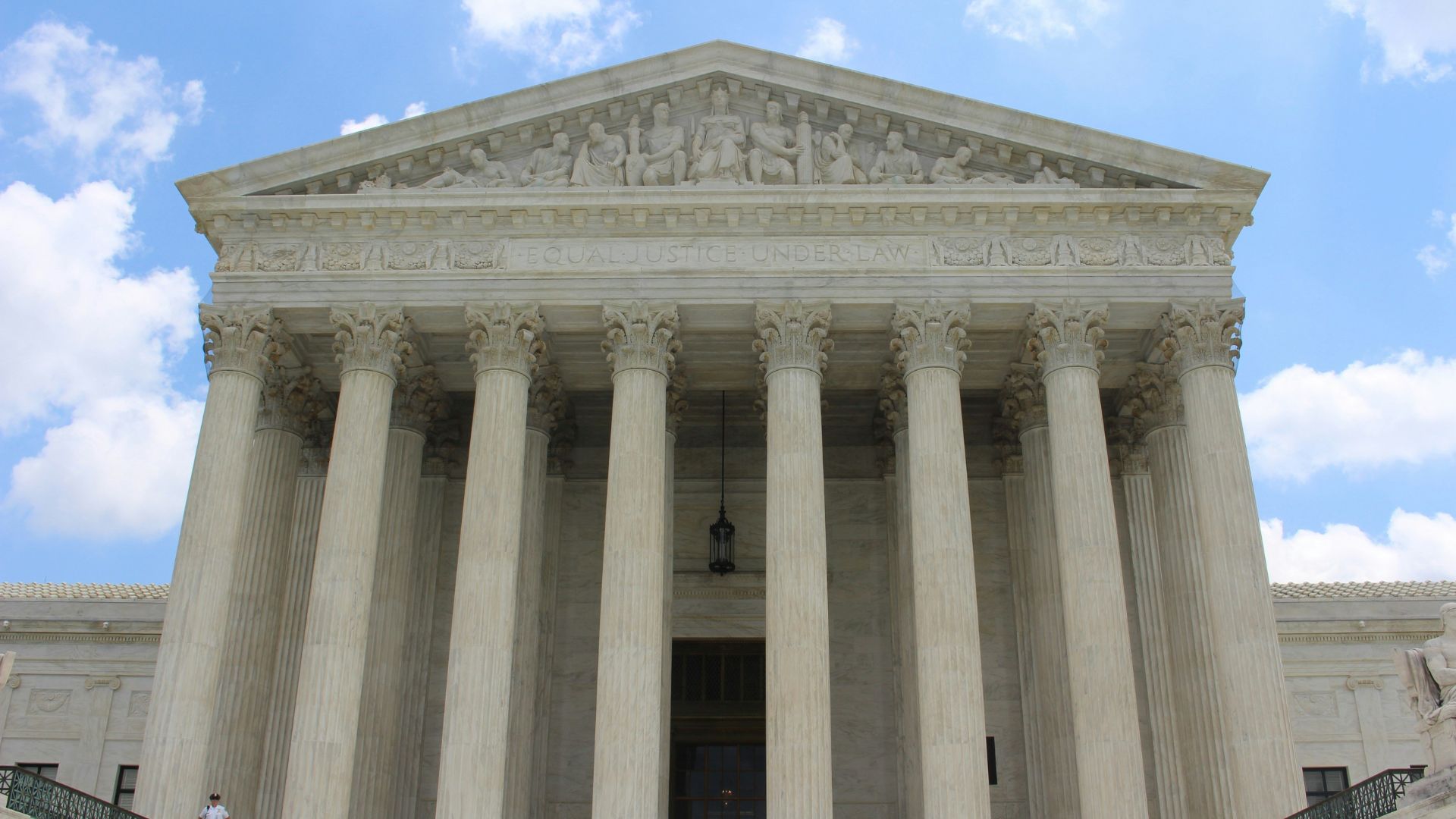
Gorsuch claimed that the Supreme Court didn’t do anything new in this ruling — even though legal experts have stated that the court has completely changed the game with this decision.
Gorsuch stated that they used past legal precedent to make this ruling, arguing, “All the court did in this case was simply apply that same precedent and idea to the criminal context.”
Too Many Laws
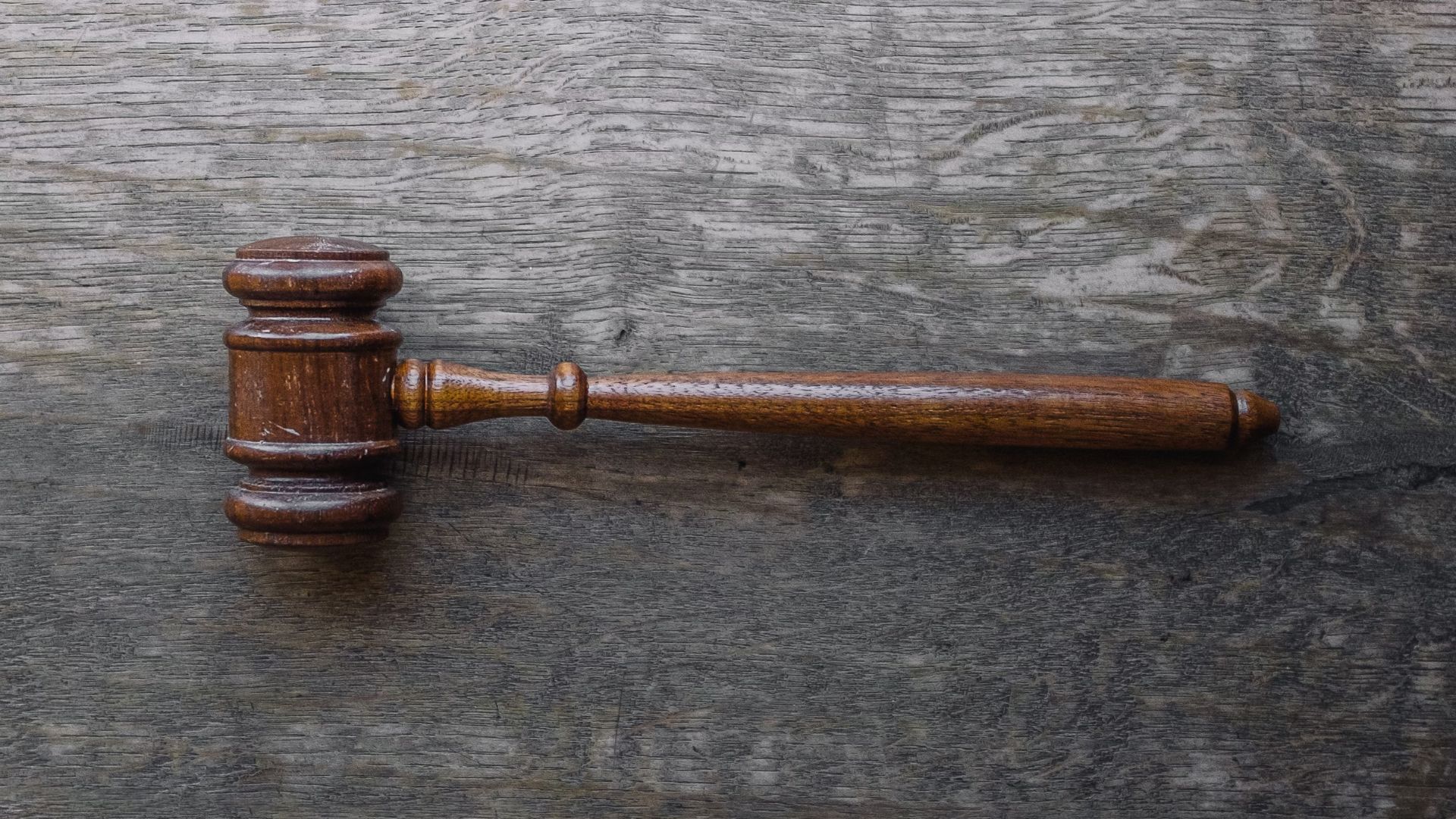
The issue is that the U.S. is in danger of imposing too many laws. While individual laws can be seen as a good thing, when combined, they could become a danger to society.
This is why careful decisions need to be made when deciding whether to impose a new law.
Supreme Court Backlash
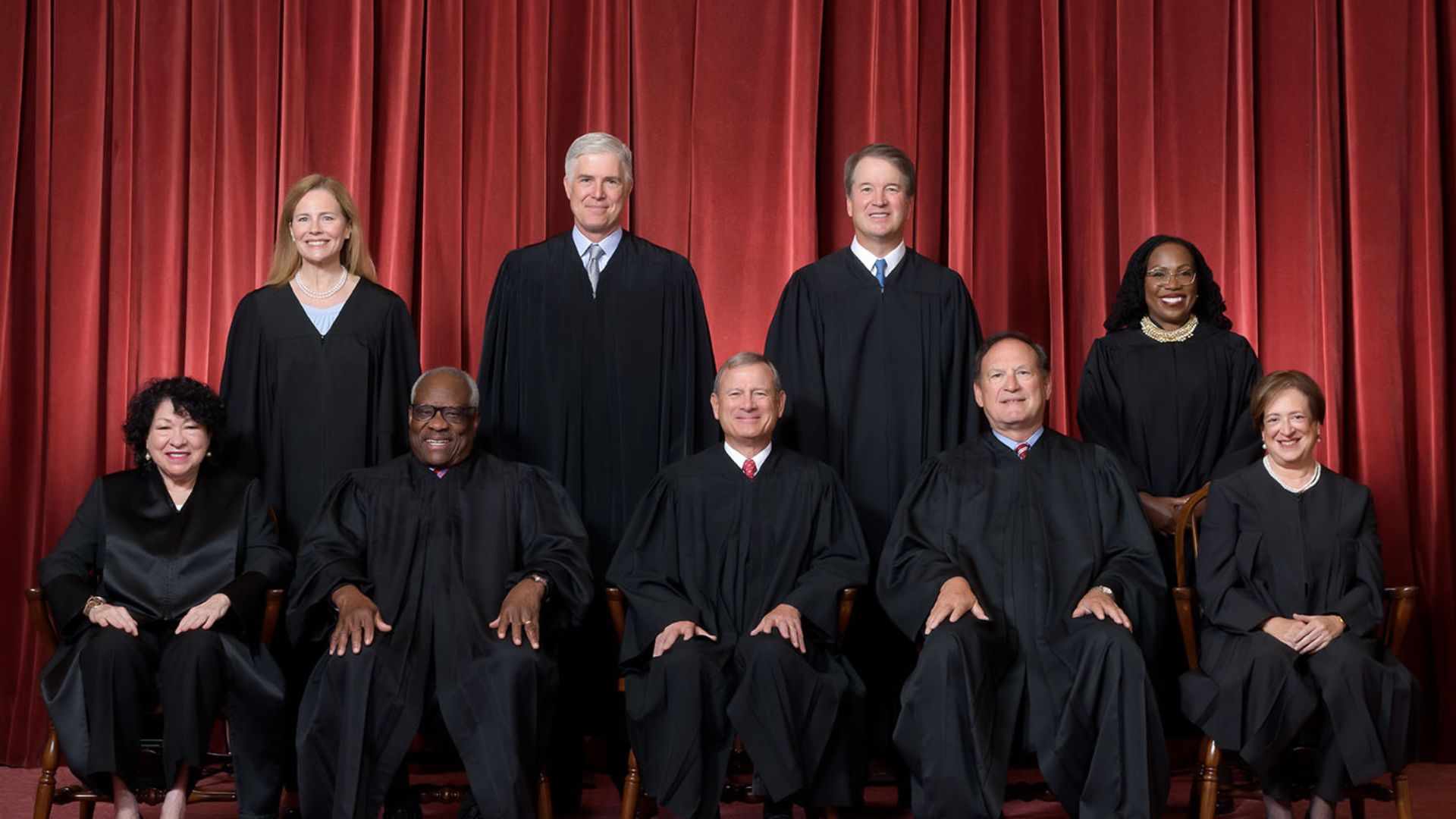
The court experienced quite a lot of backlash from many after this ruling. The Supreme Court has made several decisions recently that have caused a lot of attention.
Many critics of the court have stated that the court needs to be reformed, as support for the court has hit a new low among Americans.
The 2021 Capitol Hill Riots
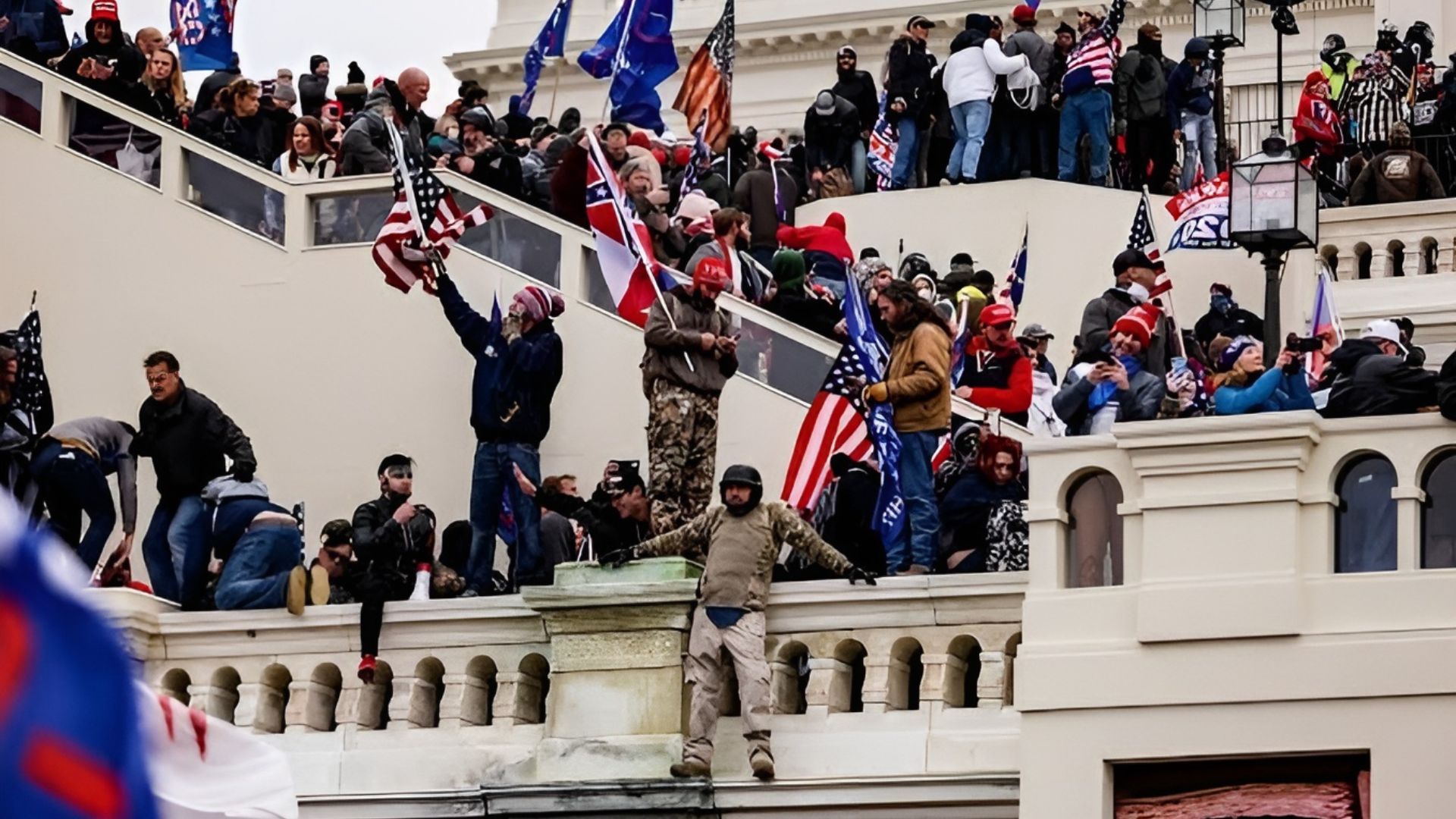
The Justices also made a decision regarding the 2021 Capitol Hill riots. They decided to make it harder to use federal obstruction charges against those involved in the riots.
This is helped by the fact that the Supreme Court has a Conservative majority: six of the nine Justices are Conservative, and the other three are Liberal.
A Code of Ethics Should Be Enforced
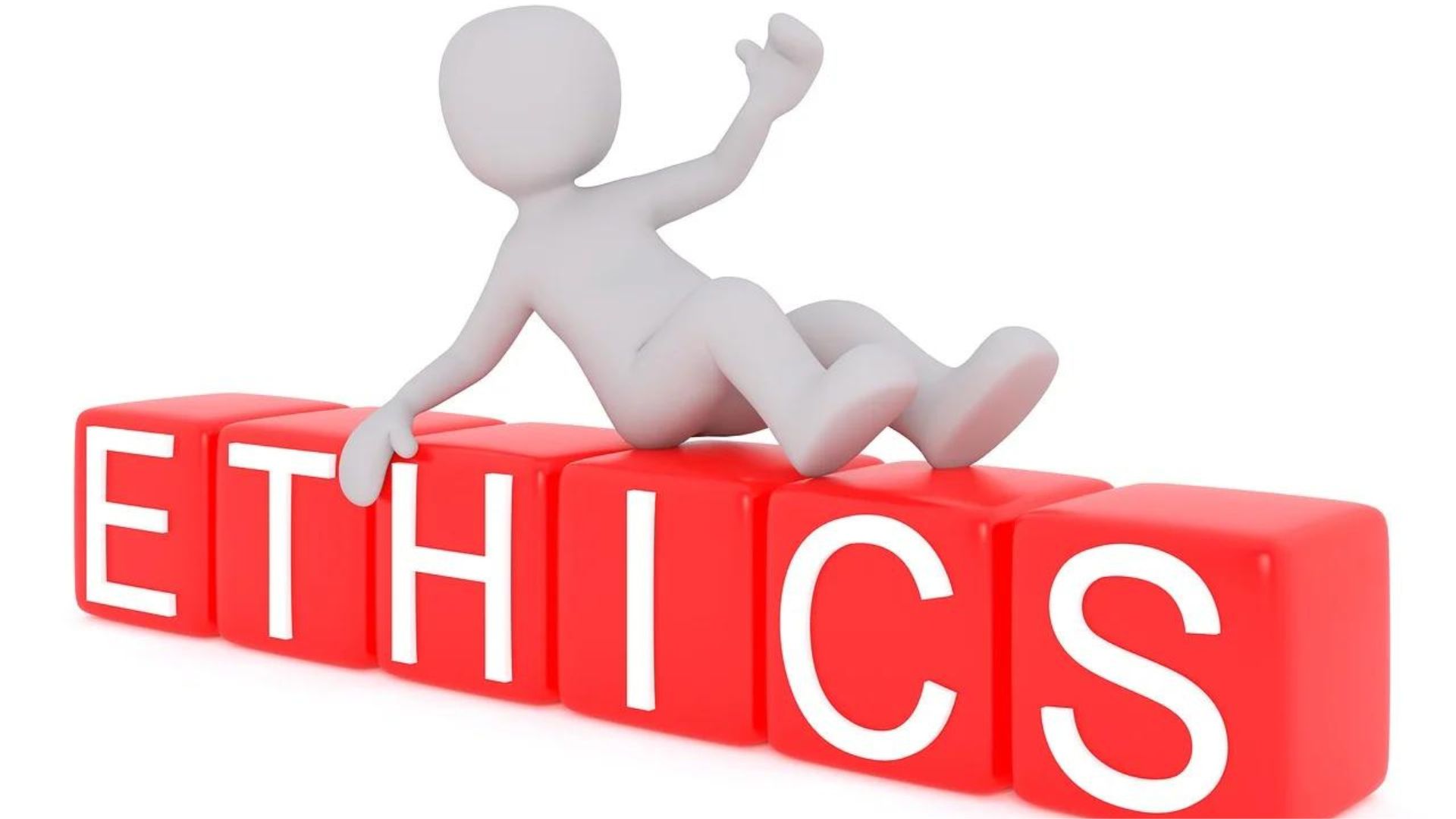
A code of ethics was established for the Supreme Court in November 2023. However, President Joe Biden believes this code needs to be enforceable.
The Justices don’t need to follow it as it isn’t enforceable, but they can use it for guidance. If the code of ethics were to be enforced, this would mean that they would have to consider it when making decisions.
Some Justices Want an Ethics Code
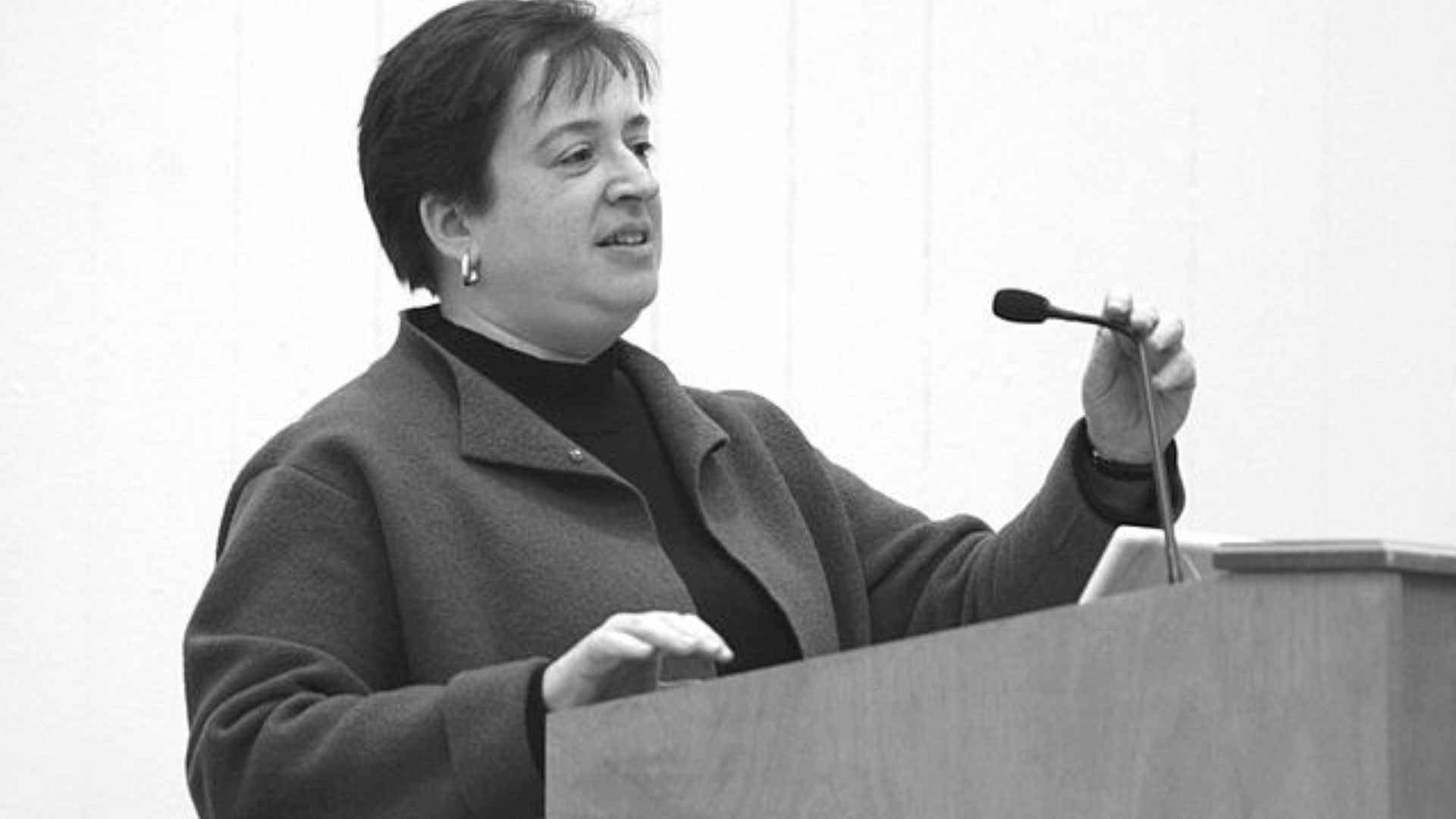
Some of the Justices agree with Biden that an enforceable code of ethics is needed. This includes Justice Elena Kagan, who suggested this a few days before President Biden.
She said that the current code of ethics isn’t robust enough and that in other cases the rules are enforced, whereas the Supreme Court ones aren’t. She believes sanctions need to be put in place for violating the rules, but not everyone agrees.
The Supreme Court Should Remain Independent
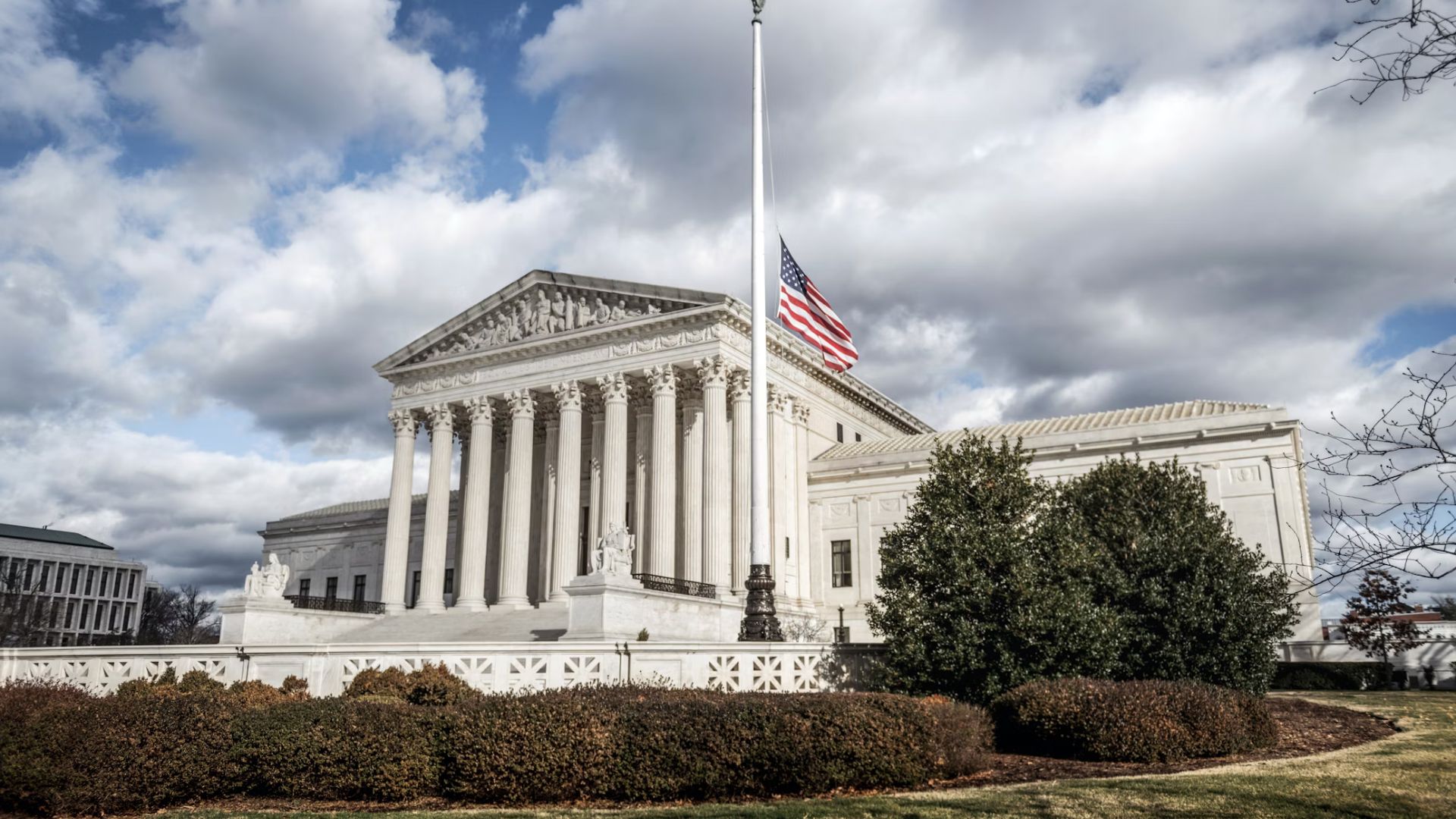
However, Gorsuch completely disagrees with the idea of an enforceable code of ethics. He believes that the Supreme Court needs to remain entirely independent.
According to Gorsuch, the Supreme Court is the envy of the rest of the world, and its independence means that people are entitled to a fair hearing.
Imposing Term Limits
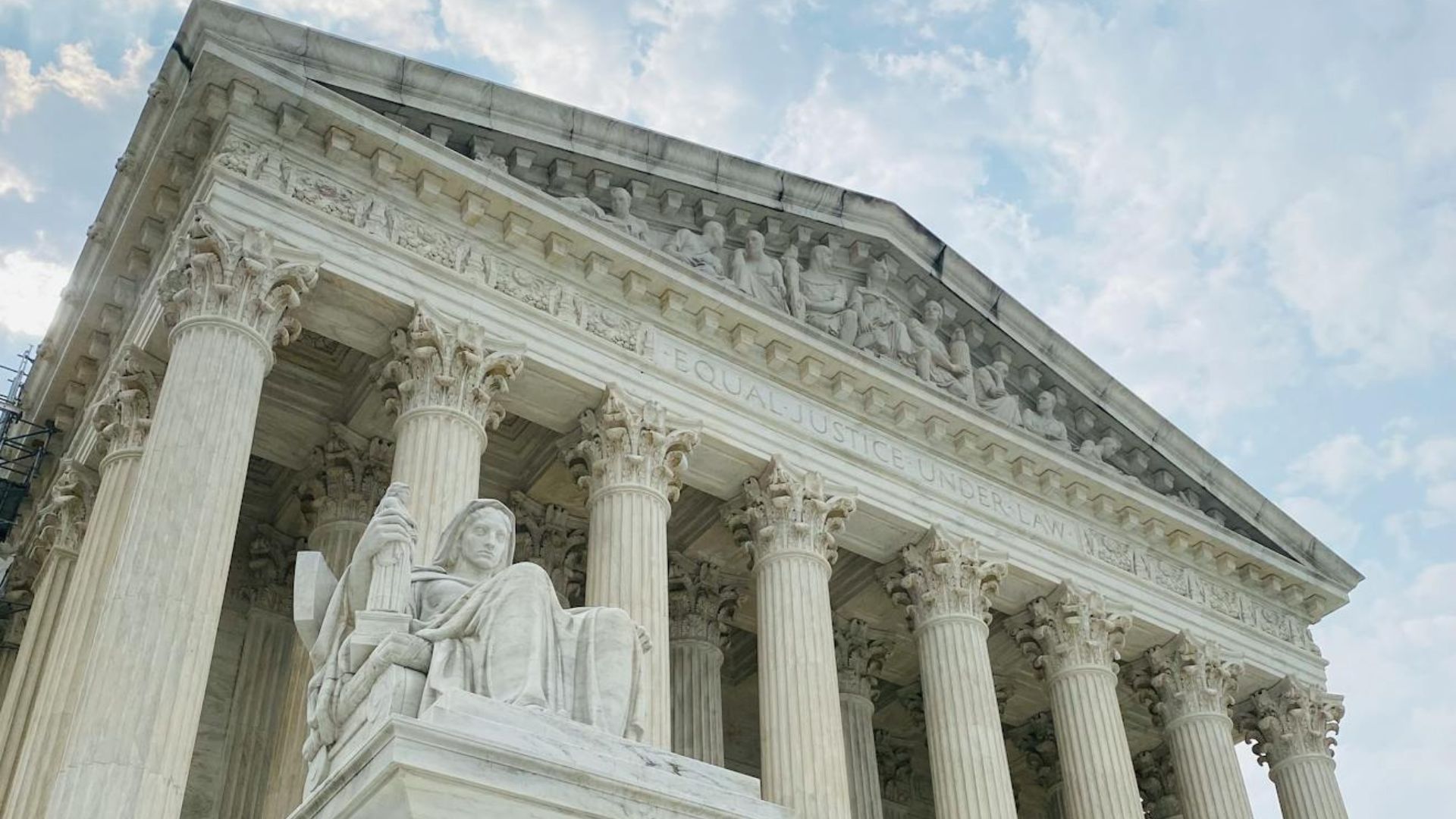
It has also been suggested that term limits should be imposed on Supreme Court Justices. This means each Justice could only serve for 18 years before retiring.
The hope is that imposing this rule will enable a more balanced approach to the court and will have fewer severe repercussions for generations to come than if the same Justices were to remain in power.
What the Decision Means for Trump
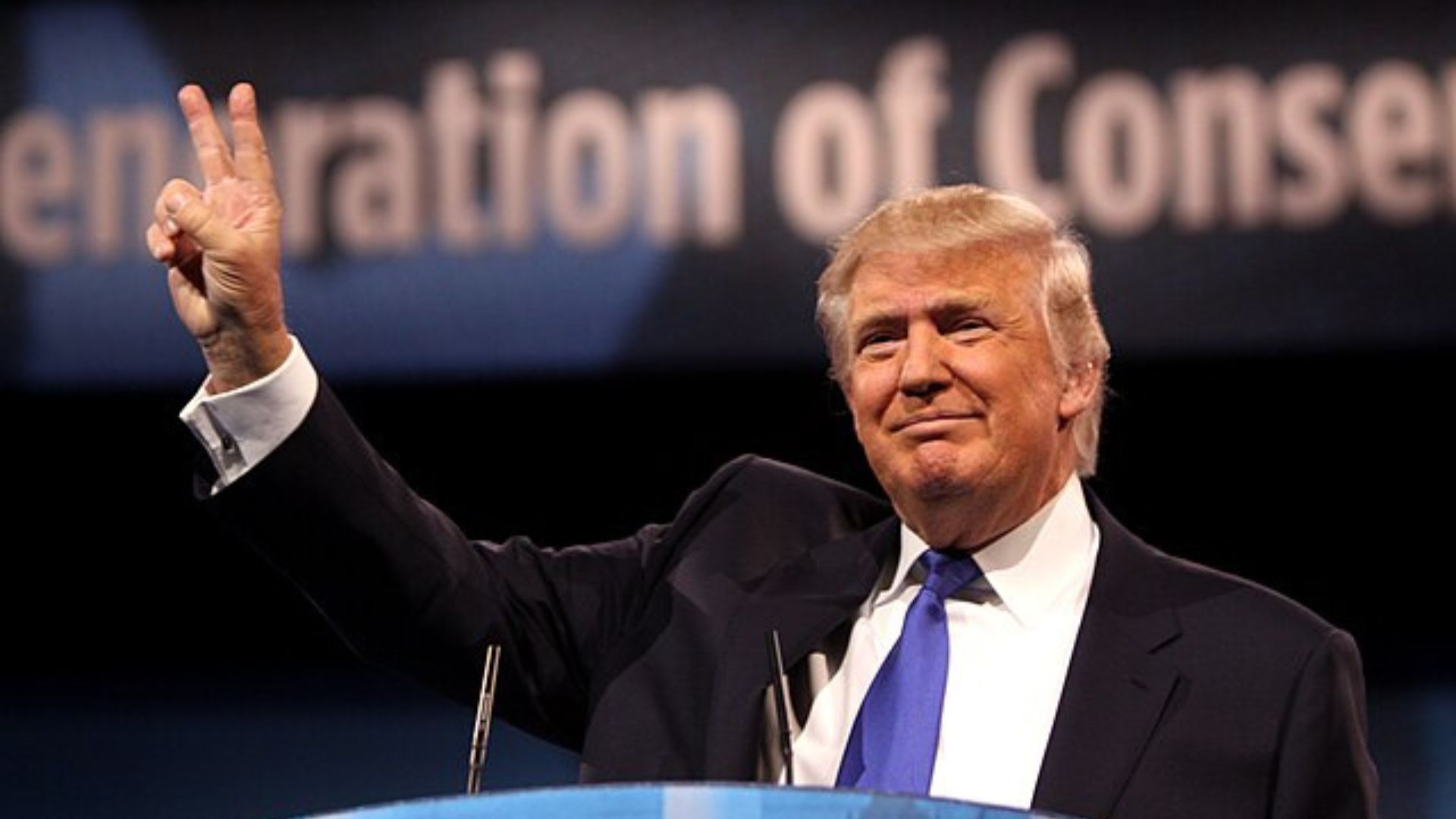
As Trump was impeached and has recently faced several charges in court, this ruling now has severe implications for those cases and could bring about an entirely different outcome.
The Trump v. United States case will be sent to a lower court to determine whether he can be immune from prosecution. The judge will decide whether Trump’s attempt to overturn the 2020 election results was an official or unofficial act.
Attempting to Reverse the Decision
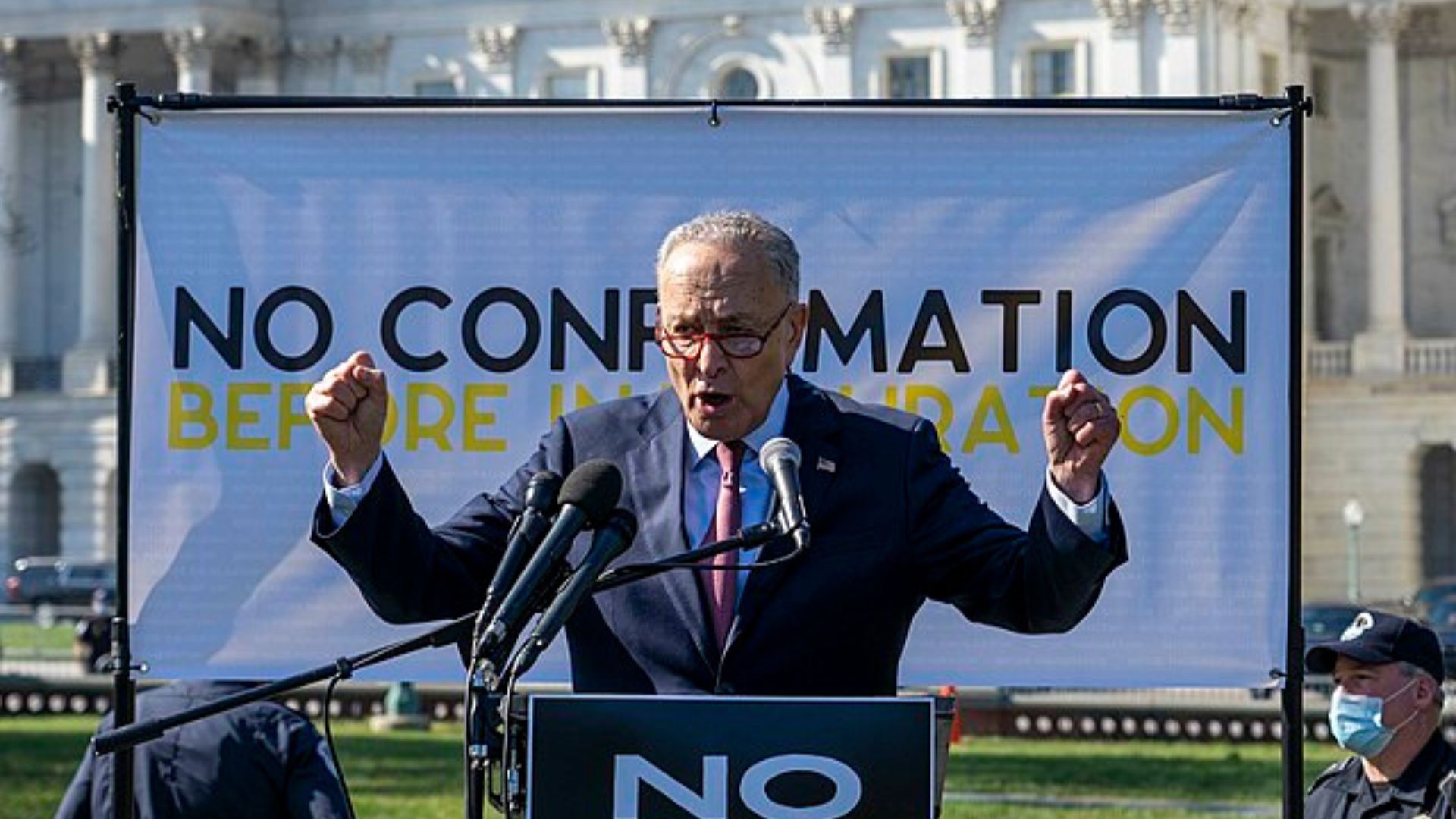
Unhappy with the decision, critics want it to be reversed. Chuck Schumer, a Senate Majority Leader, says he wants to undo the ruling due to its “dangerous implications.”
Schumer wants to introduce legislation, dubbed the No Kings Act, to prevent Presidents from having complete immunity for criminal activity. The law would also assert that the President could be tried in a court of law if necessary.
Biden Wants Reforms
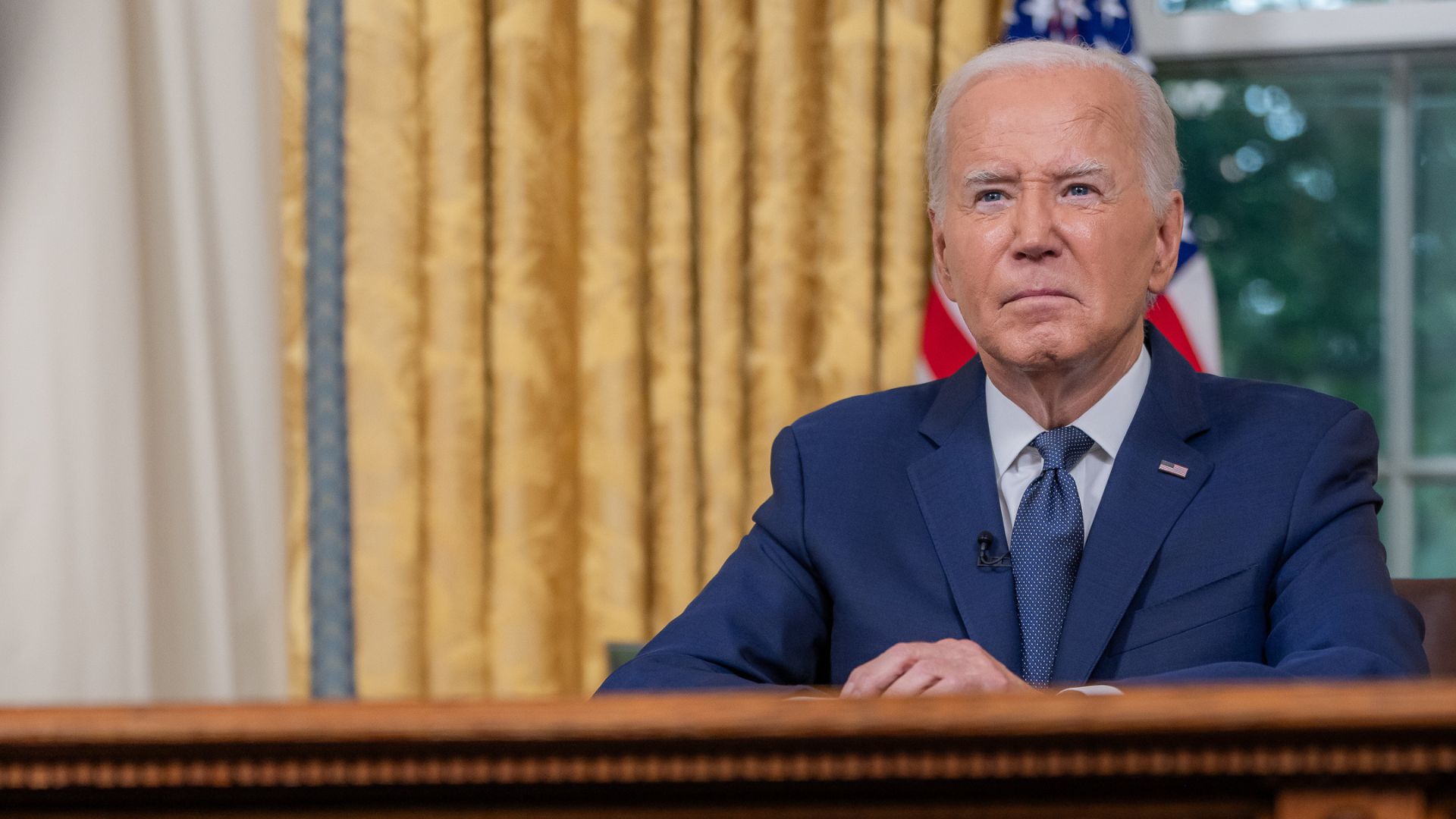
President Joe Biden has also disagreed with the court’s recent moves and controversies. Now, he’s asking for reforms on the court to be made.
After the immunity ruling was announced, Biden said, “This court is being used to weaponize an extreme and unchecked agenda.”
